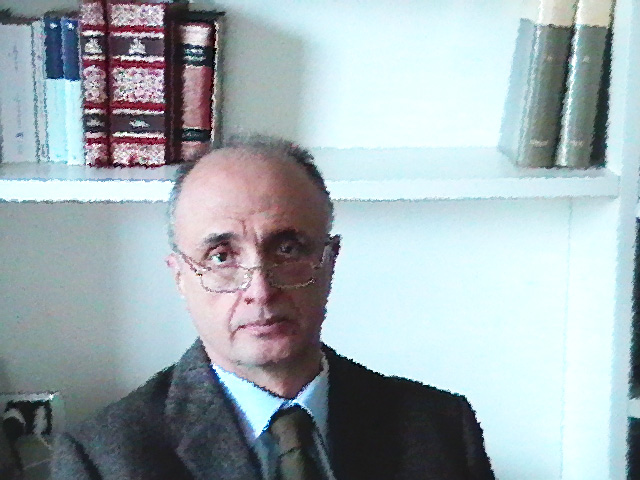The election of Barack Obama as President of the United States in November of 2008 generated enormous expectations, which Obama himself fed by talking about renewal and transformation. Several of the most influential media outlets, especially in Europe, have described Obama as the harbinger of a rebirth, able to overcome obstacles with unbiased messages and actions, able to do the impossible, like avoid the financial collapse, or save the world from global warming, or bring terrorism to its knees. The messianic tone of many of Obama’s speeches and his gifts as an orator have contributed to his great popularity in America and abroad. In addition to the extraordinary fact of having become president as a young black man, Obama’s intelligent rhetoric and his manifest intellectual qualities have become part of the collective perception of America throughout the world. This is the reason why he was and remains the right man in the right place. The comet of American power and chaos has left in its wake another fortune’s favourite.
After a year, respect and admiration for the young President remain intact. The absolute and I would say unconditional support that his complicated work requires has not faded. And also undiminished is the belief in how important his actions, that is, the actions of America, are for the present and future for all of us. It’s for this reason, then, that when some of Obama’s decisions appear flawed and ideological, we must say so. Obama has the ability to discourage criticism, just like he has the ability to ride the wave of clichés, the widely held opinions, the politically correct messages, the fashionable causes. But in doing this he sometimes moves onto ground that is less solid than that necessary for a president of the United States. Many of us would like a U.S. president that proceeds straight ahead on his path like Dűrer’s knight, without yielding to the flattery of the devil. But Obama has to listen to many voices, at times conflicting. One of these is his spirit of reform. Another is that of the liberal left of the Democratic party, which played a role in bringing him to the White House. Another is that of the worrisome weight of the budget deficit and U.S. debt. Another encompasses the needs of being a war president. There are still others, calls that are in conflict with one another. Only at the end of 2009, with the speeches at West Point and in Oslo, and through the decisions discussed in those speeches, was Obama delivered from the imperative of looking for consensus, and it seems that he can embrace unpopular choices when he is convinced that he is doing the right thing. Behind his detached reasoning, the sign of a rational mind capable of making broad connections, a mind that some have defined as professorial, there is the fire of authentic convictions.
After a year, respect and admiration for the young President remain intact. The absolute and I would say unconditional support that his complicated work requires has not faded. And also undiminished is the belief in how important his actions, that is, the actions of America, are for the present and future for all of us. It’s for this reason, then, that when some of Obama’s decisions appear flawed and ideological, we must say so. Obama has the ability to discourage criticism, just like he has the ability to ride the wave of clichés, the widely held opinions, the politically correct messages, the fashionable causes. But in doing this he sometimes moves onto ground that is less solid than that necessary for a president of the United States. Many of us would like a U.S. president that proceeds straight ahead on his path like Dűrer’s knight, without yielding to the flattery of the devil. But Obama has to listen to many voices, at times conflicting. One of these is his spirit of reform. Another is that of the liberal left of the Democratic party, which played a role in bringing him to the White House. Another is that of the worrisome weight of the budget deficit and U.S. debt. Another encompasses the needs of being a war president. There are still others, calls that are in conflict with one another. Only at the end of 2009, with the speeches at West Point and in Oslo, and through the decisions discussed in those speeches, was Obama delivered from the imperative of looking for consensus, and it seems that he can embrace unpopular choices when he is convinced that he is doing the right thing. Behind his detached reasoning, the sign of a rational mind capable of making broad connections, a mind that some have defined as professorial, there is the fire of authentic convictions.
Related content

